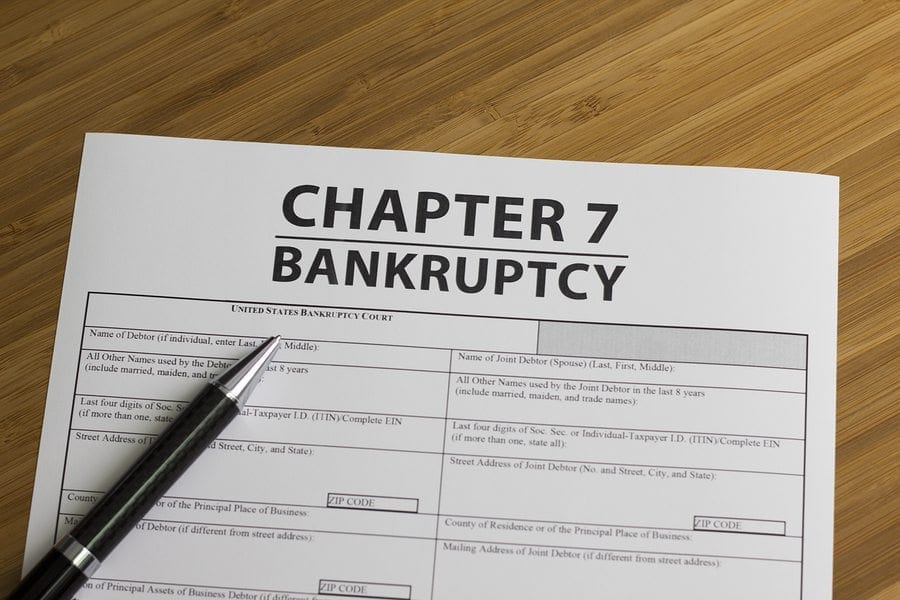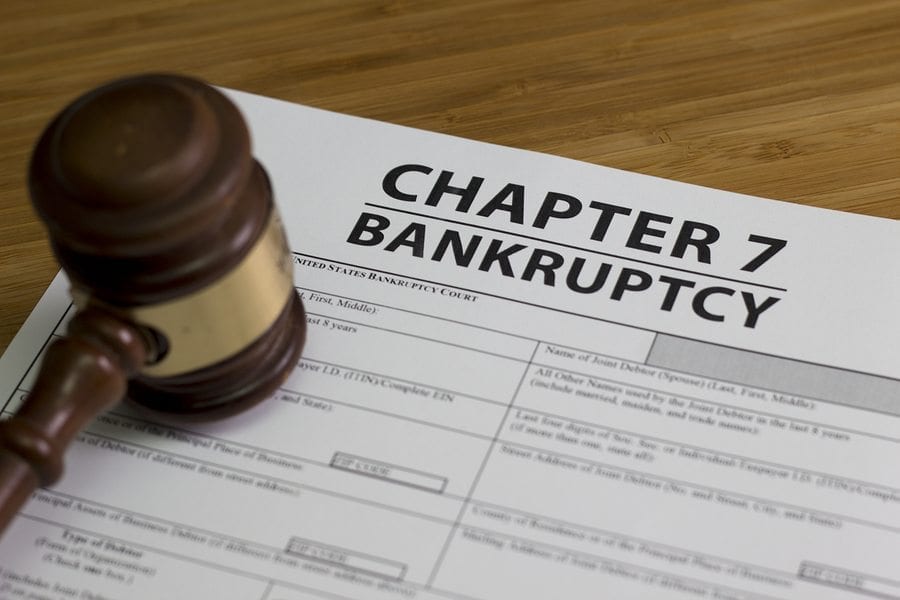Chapter 7 bankruptcy is one of the most effective methods for eliminating unsecured debt. While Chapter 7 bankruptcy is not appropriate for all situations, it frequently allows individuals to handle otherwise insurmountable debt burdens and achieve a fresh financial start.
However, some people are reluctant to file for bankruptcy because they are not familiar with the process. If you were to file a bankruptcy action in Pennsylvania, like in all states, your petition for Chapter 7 bankruptcy would be filed in one of the state’s three federal court districts: Eastern District of Pennsylvania, Middle District of Pennsylvania, and Western District of Pennsylvania. For residents of Philadelphia, their petition would be properly filed in the Eastern District of Pennsylvania.
A Philadelphia bankruptcy lawyer of Sadek Bankruptcy Law Offices can guide your bankruptcy petition through the entire process. To better understand the steps involved in a Chapter 7 bankruptcy filing, please contact our law firm at 215-545-0008. Our attorneys are happy to discuss your concerns and assess if a Chapter 7 bankruptcy filing is appropriate for your situation. To familiarize yourself with an overview of the steps involved in a Chapter 7 bankruptcy filing, please continue reading.
Bankruptcy Filers Must Undergo Credit Counseling
One of the new requirements introduced into the U.S Bankruptcy Code as part of the 2005 reform law is mandatory credit counseling. Individuals are required to undergo credit counseling within six months before filing for bankruptcy relief. Furthermore, following the close of the bankruptcy and the grant of a discharge, the filer must also complete a financial management course. The credit counseling requirement is intended to provide filers an overview of their non-bankruptcy options. The financial management course is intended to help the individual avoid financial mistakes that could lead to new debt.

Collecting Financial Paperwork and the Means Test
If you have not already done so, one of the first things a bankruptcy lawyer will recommend is for you to gather all financial paperwork. This generally includes evidence of your debts, living expenses, major recent financial transactions, property owned, and income. Providing your two most recently filed tax returns is also wise. There will likely be additional documents that apply in your situation. They may include deeds to real property, title to a car or vehicle, and an itemized list of your possessions.
Once this essential information has been gathered, your attorney will likely determine whether you can meet the Chapter 7 bankruptcy means test. The means test is intended to screen certain individuals such as filers who have a significant amount of disposable income. The means test process involves two steps. First, your income from the last six months will be compared to the state median. If your income is below the median, you qualify for Chapter 7. If your income is greater than the median, then your amount of disposable income will be assessed.
Accounting for Debts, Exempt Property and Filing for Bankruptcy
Drawing from the financial paperwork discussed above, the filer or the filer’s attorney would then begin to prepare the Chapter 7 bankruptcy petition. Preparing the petition is a painstaking process because the individual must be certain to include all liabilities he or she is seeking to discharge. Furthermore, the individual should also consider if there is any property that he or she wishes to keep that qualifies under Pennsylvania’s bankruptcy exemptions.
To actually file the bankruptcy petition, one must be certain to satisfy all requirements set forth by the Bankruptcy Code, local rules, and standing orders. Furthermore, the petition must be filed in the correct federal court in Pennsylvania and the proper fee must be paid. Furthermore, per the local rules, what is known as a mailing matrix must be set-up and formatted to certain standards. The mailing matrix is used to notify creditors and is required by the code. The failure to meet these requirements accurately and comprehensively can reduce your likelihood to obtain relief. For instance, the court may view a failure to notify certain creditors or the failure to disclose certain assets as fraud and deny relief.

Automatic Stay Goes Into Effect, A Trustee is Appointed, and Creditors Meet
When the petition is filed the automatic stay immediately goes into effect. The automatic stay is a welcome relief for most bankruptcy filers because it stops most new collection attempts. That means creditors will not be able to call you. Rather, they will have to pursue their collection activities through the court-supervised bankruptcy process.
This process is guided by a bankruptcy trustee. The trustee is appointed by the court. He or she will carefully review all the filings and paperwork you submit as part of the bankruptcy process. He or she will call what is known as a Section 341 Meeting of Creditors. While the Chapter 7 bankruptcy filer is required to attend this meeting, creditors are unlikely to attend for most Chapter 7 proceedings. Here creditors may object to your bankruptcy plan.
Contact a Chapter 7 Bankruptcy Lawyer in Philadelphia For Help Today
If there is non-exempt property involved, the trustee will liquidate this property and distribute the proceeds following the Section 341 meeting. In some cases where the non-exempt property is minimal, the trustee may even decide to abandon it and return it to you. Following liquidation, remaining creditors have the right to challenge the right to a discharge. If no creditor challenges within 60 days, the discharge is granted and all dischargeable debts are eliminated.





